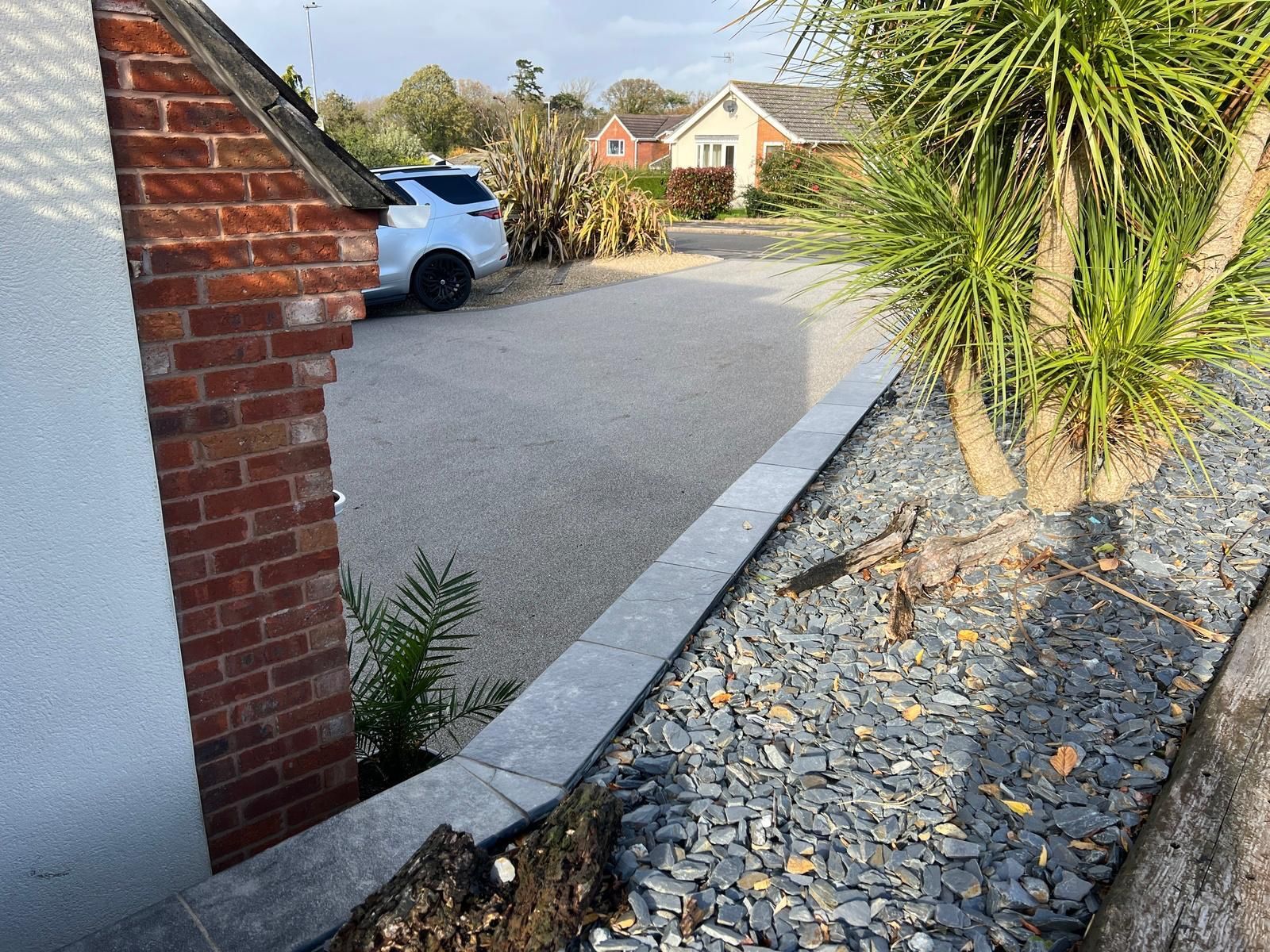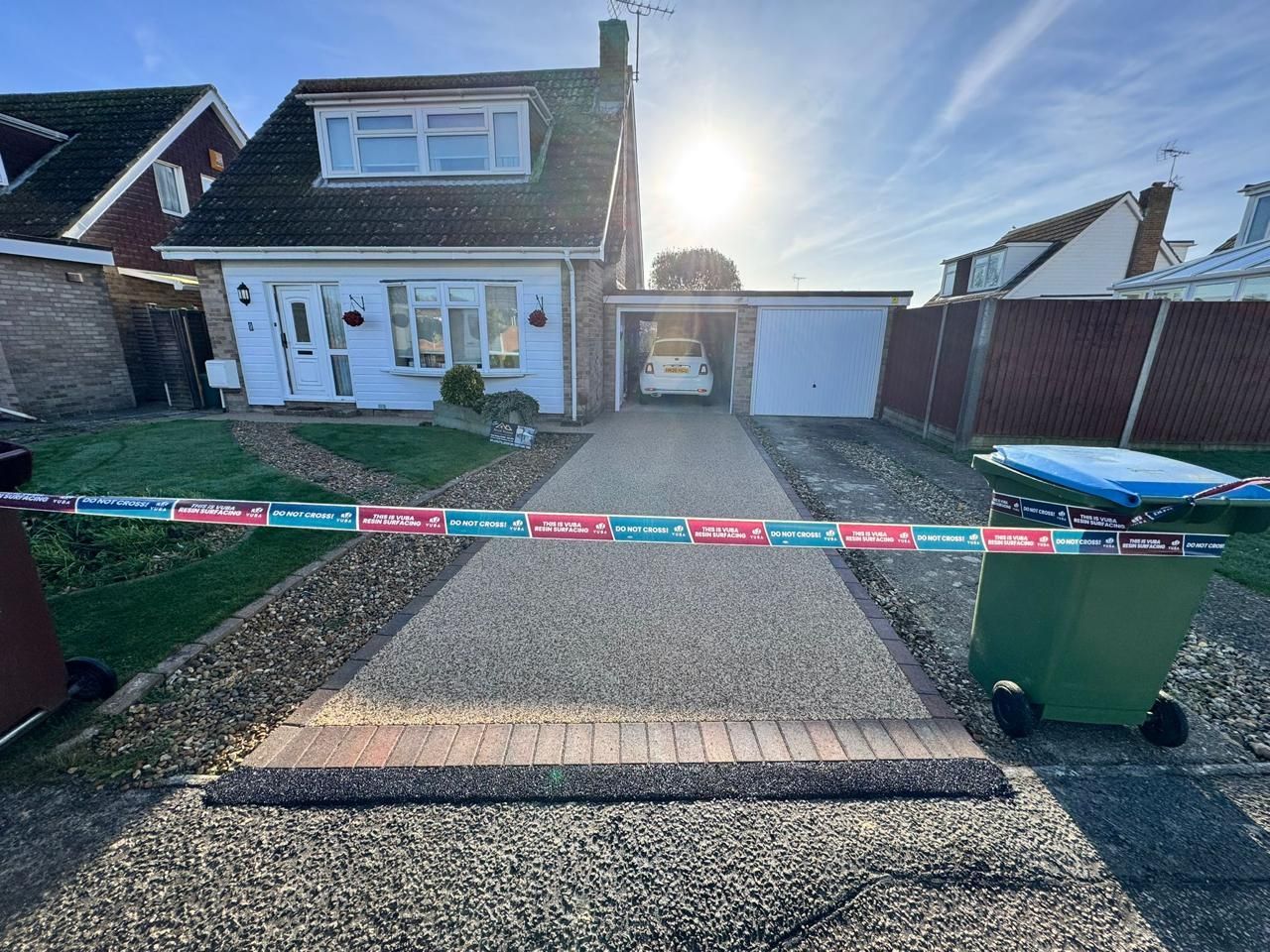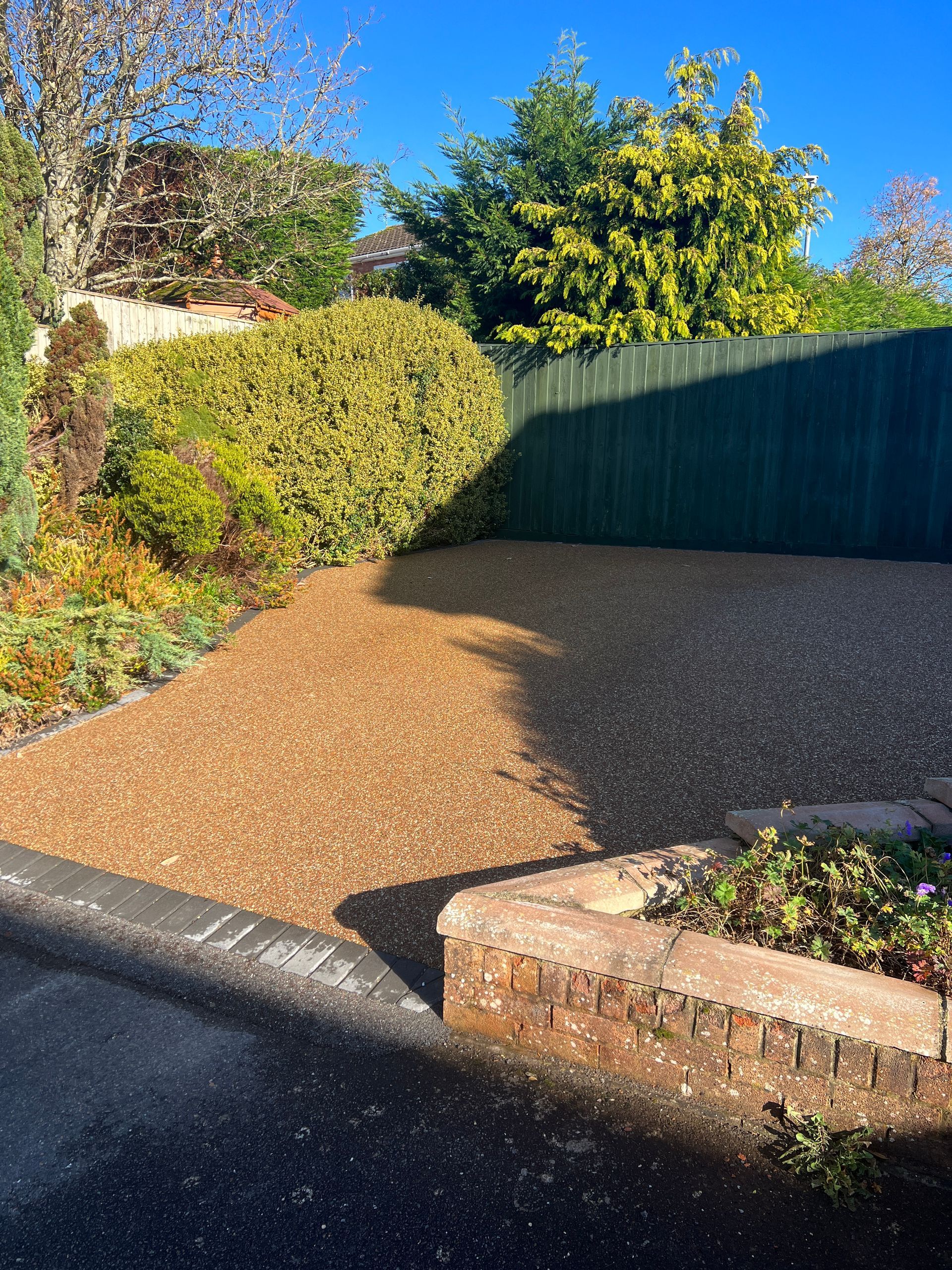Solving Common Driveway Issues in Multi-Family Housing with Resin Surfaces
Using Resin Surfaces to Address Typical Driveway Problems in Multi-Family Housing

Installing a resin driveway requires precise calculations to ensure a smooth, long-lasting surface. Whether planning a non-slip resin driveway for safety or a UV-stable resin driveway for colour retention, accurate material estimation is key to a successful project.
Calculating Resin Requirements
To determine the amount of resin needed, start by calculating the total square meters of your driveway. Next, choose the depth, which is usually 15-20mm but may vary for specific needs. Multiply the area by the depth to get the total volume in cubic meters. Apply the recommended resin-to-aggregate ratio, typically 1:4, and include an extra 10% for potential spillage or uneven surfaces. For
resin driveways for large areas, it's crucial to factor in expansion joints to prevent cracking.
Addressing Specific Challenges
Additional considerations are necessary for a
resin driveway with a steep incline. These include increased thickness for better stability, coarser aggregates for improved traction, and proper
resin driveway drainage solutions to prevent water pooling.
Resin driveway edging options play a crucial role in defining the driveway and preventing spread. Choose edging that complements your home's architecture and driveway design.
Installation and Maintenance
Proper
resin driveway sealing during installation is essential for longevity. This process helps protect the surface from stains and makes cleaning easier. Over time, your driveway may require some upkeep, such as
resin driveway repair for small cracks or chips,
resin driveway resurfacing for larger damaged areas, or
resin driveway overlay as an alternative to full replacement. These maintenance options can significantly extend the life of your driveway.
Enhancing Durability
To maximise the lifespan of your resin driveway, choose UV-stable resins to prevent colour fading, opt for non-slip additives in high-traffic or sloped areas, and ensure proper substrate preparation before installation. Regular cleaning and occasional resealing can help maintain your driveway's appearance and functionality for years.
By accurately calculating your resin needs and considering these advanced features and maintenance aspects, you can
create a durable, attractive resin driveway that will withstand the test of time and enhance your property's value.




